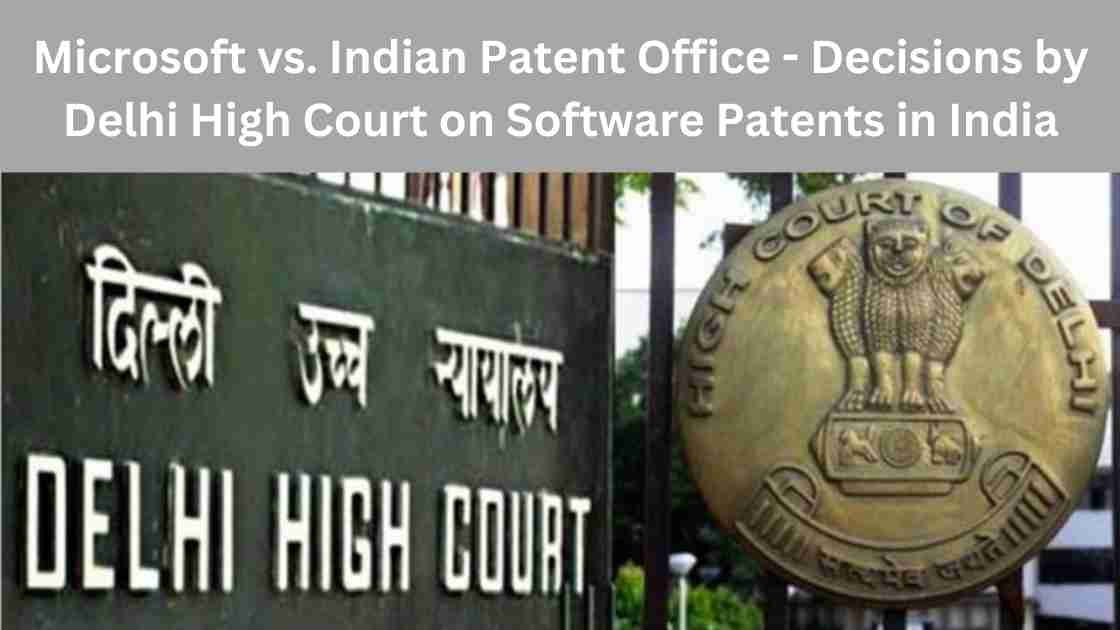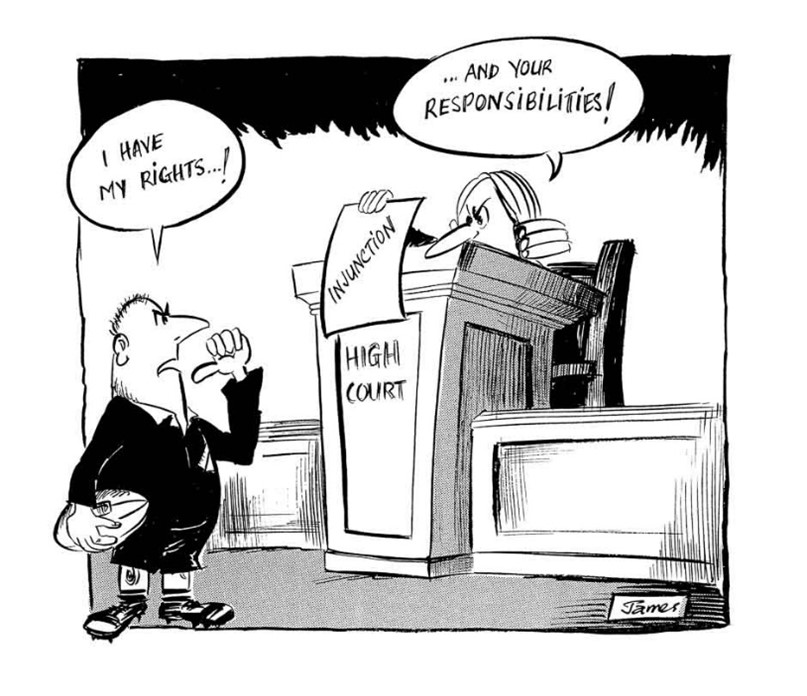Author: Harish Naidu

What are Patent Claims and Why Should You Get It Right?
A patent claim sets the boundaries for an invention by highlighting what the invention covers and does not cover. In simple terms, the patent claims define the subject matter (i.e., product or process) for which patent protection is being sought and the rest of the patent specification including any drawings explains the technical details of the invention in detail. Basically, the protection by way of patent grant is given for the claims and not any other part of the complete specifications. Having mentioned that, one cannot simply state statements about the inventions as claims nor one should interpret the term ‘Patent Claim’ to mean as describing what the invention achieves in a broad sense. The Patent Law in general across all jurisdictions require the patent claims to be recite specific technical features of the invention in a techno legal language. One of the main reasons for this strict requirement is…

Patent Fees in India
As an inventor, one of the main factors which you would consider before deciding to file a patent is the costs associated with the patent filing for your invention. Generally, there are two types of costs involved, one is a professional fee which is paid to a patent agent or a patent attorney for availing any of the services such as conducting a novelty search, drafting the patent specification, and carrying out any other action in front of the Indian Patent Office on behalf of you. The cost incurred on account of the professional fee may vary greatly depending on the rates charged by a firm or a patent agent. The official fee on the other hand is pre-determined and varies mainly based on the type of applicants. For instance, one set of official fees is applicable to individuals, startups, small entities, and educational institutions, and another set of fees…

Indian Patent Search
Any decision-making process involves due diligence of some kind before such decisions are made since a bad decision may not attain the same results for which such decisions are taken in the first place. As an inventor, you must be aware that the same logic holds true even in decisions relating to patent filing for your invention. You might be wondering what sort of due diligence is required before filing a patent for your invention. Here, one of the main due diligence is in the form of conducting a patent search to validate if your invention is novel/new. If you are an inventor based in India, naturally, you may be eager to conduct an Indian Patent Search to validate your invention. If you are already having a fair idea about what can be patented and what types of inventions can be patented, you would be knowing that the patent search…

What Kind of Inventions Can Be Patented?
As an inventor working on an idea or invention, the first thought which is often encountered includes “Is my idea patentable”, “Can my invention be patented”, "what kind of inventions can be patented" and “Is my idea patent-eligible”. The foremost thing which you need to be aware of is that a mere idea or a concept cannot be patented. Your idea or invention should be a: new product; ornew process; that solves a technical problem. You must also be aware that merely a new process or a product in itself will not qualify for an invention, additionally, the invention or idea must also: involve an inventive step (i.e., must not be obvious to a person skilled in the art); andcapable of industrial applications; Again, you may find the above terms such as ‘new product’, ‘new process’, and ‘inventive step’ may not be self-explanatory and still do…

What are Intellectual Property Rights?
Intellectual Property (IP) encompasses intangible assets such as patents, copyright, trademarks, industrial design, geographical indications, and trade secrets. Intellectual Property Rights are conferred to the intellectual property owners to restrict others from copying their creations. The creations could be inventions, books, music, songs, brand names or trademarks, product designs, confidential information, etc. Depending upon the type of intellectual property, protection may be conferred automatically for a few, and for others, the intellectual property owner must apply for protection in desired countries. Types of Intellectual Property (IP) Protection Types of ProtectionTypes of Intellectual PropertyAutomatic ProtectionCopyright (advisable to register) Trade Secrets (however steps should be taken to keep the information secret)To Be Applied for ProtectionPatents, Trademarks, Industrial Designs, and Geographical Indications. One Product – Multiple Intellectual Property Rights Depending upon the subject matter involved, a product includes multiple intellectual property rights i.e., a product can have underlying intellectual property right protection under…

Celebrating Innovation: National Intellectual Property Awards 2024
Innovation and creativity are the lifeblood of progress, and intellectual…

Missed Your Chance to File a Patent and Your Product is Already in the Market? Explore the Power of Trade Secrets
Launching a product in the market is a moment of…

Microsoft vs. Indian Patent Office – Decisions by Delhi High Court on Software Patents in India
The part of this series focuses on the…

Case in Point: Sun Pharma Ltd vs. DWD Pharma Ltd
Case in Point is a new series where…
Categories
Recent Discussions
Recent FAQs Published by the Indian Patent Office on Form 27
The Indian Patent Office recently released a comprehensive FAQ document regarding Form 27, aimed at clarifying the requirements and procedures for patentees and…
Recent Discussions
A Comprehensive Guide to Patent Searches: Types, Examples, and When to Use Them
Patent searches are a crucial aspect of the patenting process. Whether you're an inventor, entrepreneur, or a legal professional, understanding the different types…
